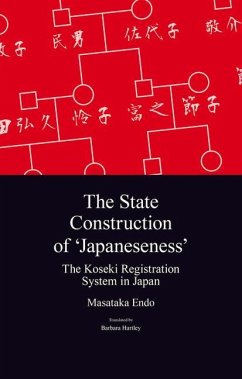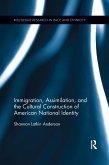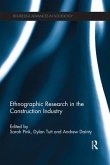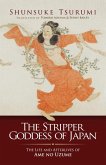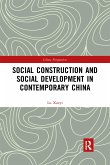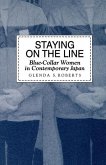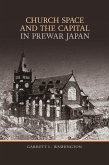For more than 140 years, Japan's koseki registration system has functioned as the official means by which an individual qualifies as 'Japanese.' Information concerning each family is entered into one koseki register record in a system that documents the status relationship information of Japan's population based on the notion of 'bloodline.' Tracing the history of the koseki registration system from its inception in the Meiji era through its use in Japan's colonial holdings in the pre-war era and to the present day, The State Construction of 'Japaneseness' challenges the very foundations of the system, arguing that it promotes prejudice and discrimination and fosters a divisive understanding of the 'Japanese' as a people. This significant work presents conclusive evidence on how the koseki registration system has used deeply problematic understandings of ethnicity, citizenship, and the family to define 'the Japanese, ' excluding and discriminating against those unable to fit into the framework of this highly politicised bureaucratic system.
Hinweis: Dieser Artikel kann nur an eine deutsche Lieferadresse ausgeliefert werden.
Hinweis: Dieser Artikel kann nur an eine deutsche Lieferadresse ausgeliefert werden.

